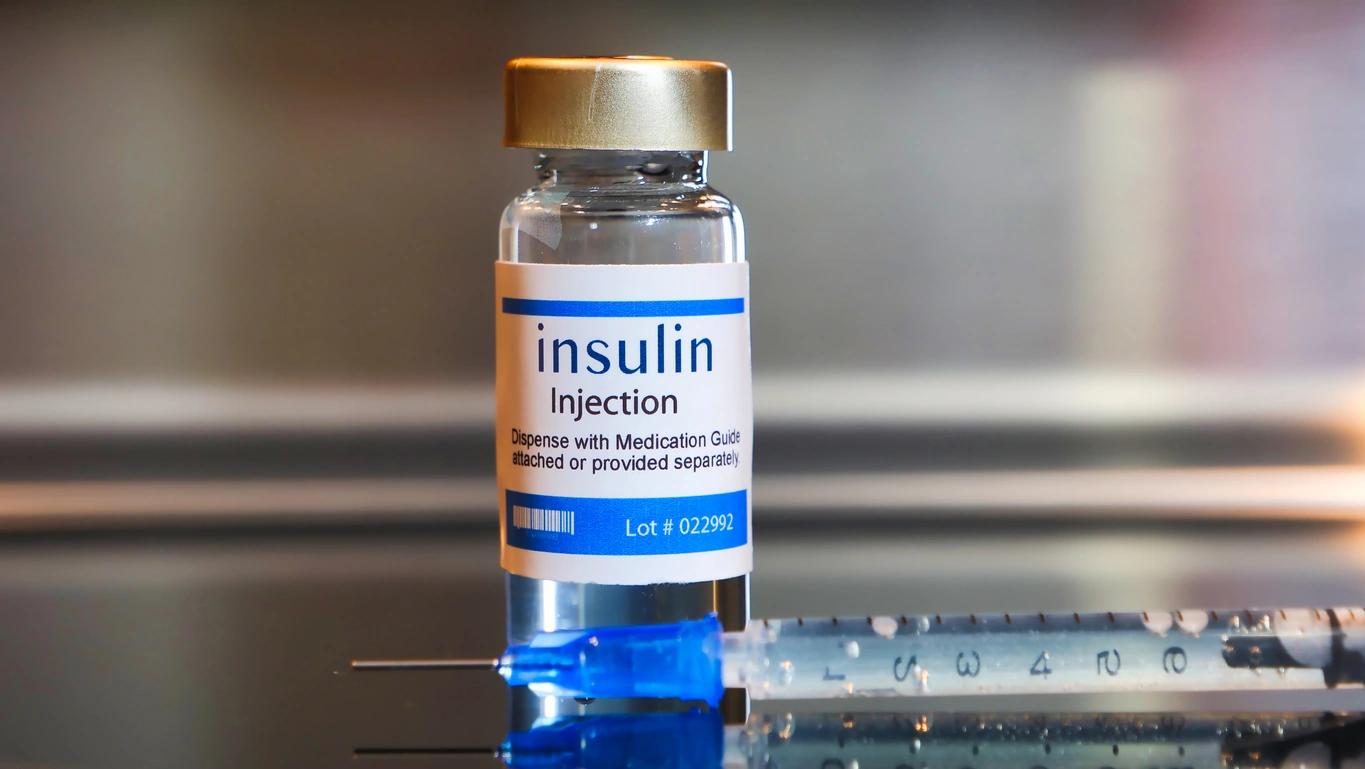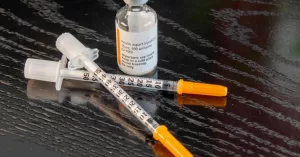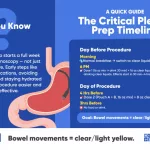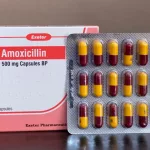Quick Answer Overview
Yes, you can replace a daily shot with a single injection that lasts a whole week. Once‑weekly basal insulins such as insulin efsitora or insulin icodec give you comparable HbA1c reduction to the traditional insulin glargine regimen, but with only 52 injections a year instead of 365. If you’re an adult living with type 2 diabetes and daily injections feel like a hassle, a weekly option may be worth discussing with your doctor.
Why Weekly Insulin
Imagine swapping the daily “alarm clock” of insulin for a once‑a‑week reminder. That’s exactly what researchers have built into the new basal insulins. The science is elegant: a specially engineered molecule (icodec or the Fc‑fusion called efsitora) sticks around in your bloodstream for seven days, releasing a steady trickle of insulin that mimics the body’s natural basal output.
Several high‑profile trials back up the hype. The QWINT‑1, 3 and 4 studies, presented at the American Diabetes Association Scientific Sessions, showed that weekly insulin was non‑inferior to daily basals in lowering HbA1c, with similar safety profiles (according to a peer‑reviewed review). In other words, the numbers line up, but the injection count drops dramatically.
Real‑world data are equally encouraging. The Primary Care Medicine Group’s “Once‑Weekly Insulins Resource Toolkit” notes that patients who switched reported higher satisfaction scores and fewer missed doses. One anecdote frequently cited is “Maria, 58, cut her injections from 365 to 52 per year and saw her A1c fall from 8.6 % to 7.2 %.” Stories like that turn abstract trial data into something you can picture in your own life.
Regulatory agencies have taken note, too. The FDA approved insulin icodec in 2024, and the European Medicines Agency is reviewing efsitora for a 2025 launch. So the buzz isn’t just marketing—it’s a genuine shift in how we think about basal insulin therapy.
Weekly vs Daily
| Aspect | Weekly (icodec / efsitora) | Daily (glargine / degludec) |
|---|---|---|
| HbA1c change (average) | ‑0.6 % to ‑0.9 % | ‑0.5 % to ‑0.8 % |
| Hypoglycaemia (severe) | Similar or slightly lower | Similar |
| Weight change | ±0.2 kg (neutral) | ±0.3 kg (neutral) |
| Injection frequency | 52 × /year | 365 × /year |
| Typical cost (US list price) | ≈ $850 / 4 weeks | ≈ $750 / 4 weeks |
When you look at the table, the headline is clear: efficacy and safety are almost identical, while convenience swings heavily toward the weekly option. The cost difference is modest and may be offset by fewer syringes, less waste, and possibly fewer clinic visits.
Ideal Weekly Candidates
Not every person with diabetes will be a perfect fit, but many will find weekly insulin a breath of fresh air. The sweet spot usually includes:
- Adults (≥ 18 years) diagnosed with type 2 diabetes whose A1c remains above target despite oral agents.
- Patients already on basal insulin (glargine, degludec) who are frustrated by the daily injection routine.
- Individuals with limited manual dexterity, vision issues, or busy lifestyles that make daily dosing a burden.
- Elderly patients (≥ 75 years) where simplifying the regimen can improve adherence without raising hypoglycaemia risk.
On the flip side, you’d want to be cautious if you have any of these:
- History of severe hypoglycaemia that’s hard to predict.
- Unstable kidney or liver disease (especially stage 4‑5 CKD).
- Pregnancy or planning to become pregnant (data are still limited).
- Very erratic meal patterns that make any basal insulin tricky to manage.
In practice, most endocrinologists use a shared‑decision‑making approach: they walk you through the pros and cons, run a short “trial” period, and then decide together whether the weekly schedule feels right.
Starting & Maintaining
Alright, let’s get into the nitty‑gritty of how you’d actually start a weekly insulin. Think of it as a recipe—follow the steps, taste‑test your blood sugars, and adjust as needed.
Prescribing workflow
- Confirm your diagnosis of type 2 diabetes and get a baseline A1c.
- Review your current meds, especially oral agents and any existing basal insulin.
- Pick the weekly product—most clinicians start with insulin icodec (FDA‑approved) or consider efsitora if it’s available in your region.
Initial dose
The starting point is usually weight‑based: 0.1 units per kilogram, calculated once and then multiplied by seven to give you the weekly dose. For example, a 80‑kg person would start with 8 units per day, which equates to 56 units once a week.
Titration algorithm
Because you’re only injecting weekly, adjustments happen in larger steps but less frequently. A common protocol is:
- Check fasting glucose three times a week for the first two weeks.
- If the average is above 130 mg/dL, increase the weekly dose by ~10 %.
- If it’s consistently below 80 mg/dL, decrease by ~10 %.
- Re‑check after each change for another 2‑week window.
Goal: fasting glucose 80‑130 mg/dL and an A1c that moves toward your individualized target (usually <7 % for most adults).
Monitoring plan
- First month: finger‑stick fasting glucose 3 × /week.
- A1c at 12 weeks, then every 3‑6 months.
- Watch for hypoglycaemia symptoms—especially if you’re on a sulfonylurea or high‑dose metformin.
Missed dose handling
If you miss a weekly shot by more than 48 hours, give half the missed dose as soon as you remember, then resume the full weekly schedule the following week. This prevents a sudden drop in insulin levels without over‑correcting.
Lifestyle integration
Weekly insulin does not replace other pillars of diabetes care. Keep up with balanced meals, regular activity, and routine check‑ups. Think of the weekly injection as the “foundation”—your diet and exercise are the “walls and roof” that keep everything stable.
Real‑World Experiences
Stories from the front lines make the data feel human.
John, 62, retail manager switched from glargine to weekly efsitora after his nurse explained the titration plan. Within three months his A1c dropped from 8.4 % to 7.5 %, and he reported “finally feeling like my medication fits my schedule, not the other way around.”
Sara, 49, stay‑at‑home mom struggled with “injection fatigue.” After a community clinic introduced a weekly‑insulin education session, she enrolled in a pilot program. Six months later she said, “I’m no longer terrified of the daily bump; I just set a reminder on my phone for every Sunday.”
Even clinicians are noticing a shift. Dr. Carol Wysham, an endocrinologist at MultiCare Rockwood Center, told a recent conference that “weekly insulin has the potential to remove a major barrier to insulin initiation, especially for patients who have been hesitant because of the daily burden.”
Bottom Line Summary
If you’ve ever sighed at the thought of another needle, weekly insulin offers a genuine alternative: comparable HbA1c reduction, similar safety, and a dramatic cut in injection frequency. The science is solid, the real‑world feedback is upbeat, and the regulatory green lights are already in place.
That said, it isn’t a one‑size‑fits‑all. You’ll need a thorough conversation with your diabetes care team to weigh cost, insurance coverage, and any health conditions that might make weekly dosing less suitable. If you decide to give it a try, follow the titration plan, stay on top of your glucose checks, and remember that lifestyle habits still matter.
Curious to learn more? Dive deeper into the specifics of insulin efsitora or explore how changing your basal insulin can affect overall type 2 diabetes management. Your journey to a simpler, more manageable routine might just start with a single weekly step.























Leave a Reply
You must be logged in to post a comment.